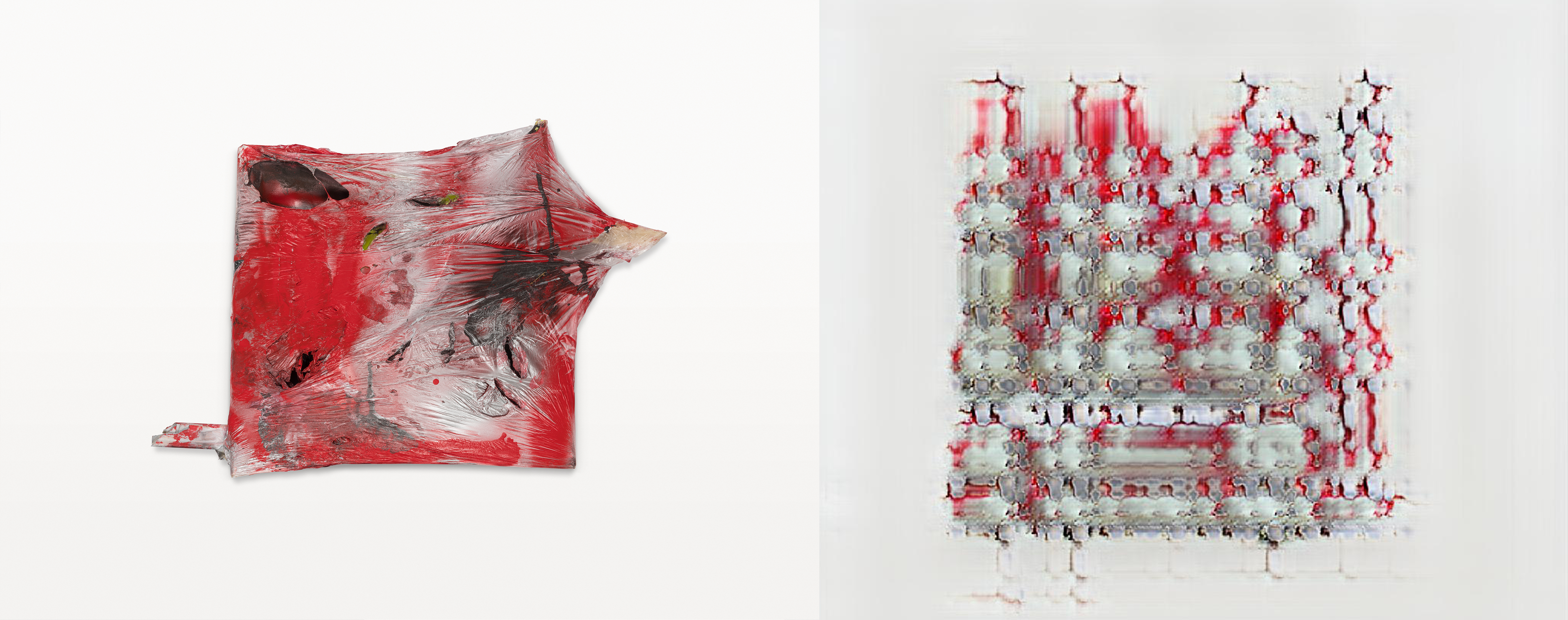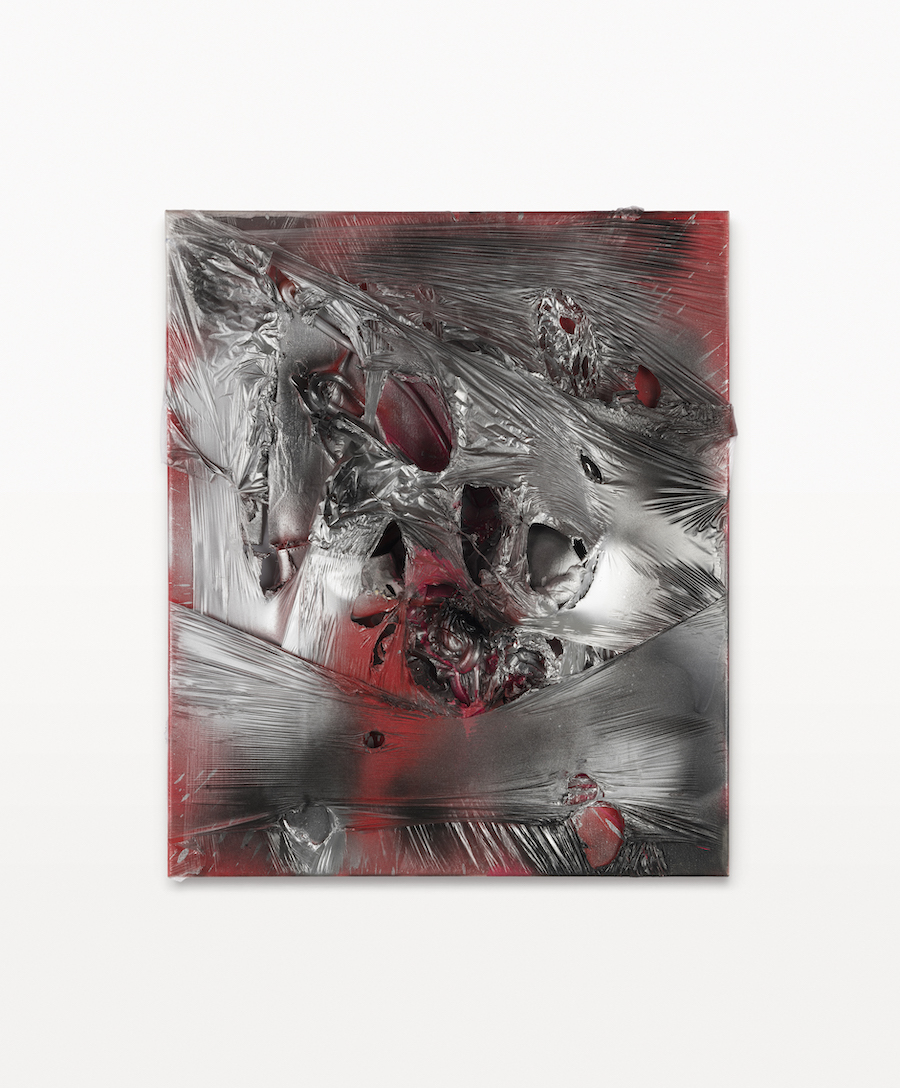Arca: Other Worlds of Our Own
Written by Xi Swan

The digital realm was always supposed to be a place of radical inclusion: a limitless and unmediated reality where the isolated were connected and the landscape could change – in colour and shape – at the touch of a button. “We are creating a world that all may enter without privilege or prejudice accorded by race, economic power, military force, or station of birth,” wrote John Perry Barlow in his 1996 Declaration of the Independence of Cyberspace. “We are creating a world where anyone, anywhere may express his or her beliefs, no matter how singular, without fear of being coerced into silence or conformity.”
For Arca, whose Untitled takes over CIRCA this month, such hopes are not lost. Digital technologies have allowed an artist in chrysalis — emerging from musician/performer to far-reaching world-builder — to write mythology, carve out refugia, and transcend physical form. When Barlow – himself a musician and former lyricist for Grateful Dead – wrote his Declaration, he addressed it to governments, whose interference he thought would be the greatest obstacle to web pioneer’s cyber-utopianism. Today, transnational corporations stand first among the enemies of digital optimism, and the freedoms we require are not solely against political restriction or government force, but against the binds – of agency creativity, and psychology – that accompany tech giants’ metastasising global project. As they take control over more and more of the digital realm with each passing year, voices like Arca’s point to another future for humans beyond the physical, where the lives we live when we leave our bodies are not bound and proscribed by bland visions and shrunken desires of the tech giants CEOs. Instead, in Arca visuals for CIRCA and her recent kiCK musical cycle, we begin to see a new vision that exists in mirror-world to the robotic transactions promised by the Metaverse: without gods or shackles, unstructured by profit-seeking and lived in bodies not standardised but liberated beyond anatomical limitation.

For the early web pioneers, it was information that would set us free. Wikipedia, wrote Evgeny Morozov, is one “painful reminder of what the web could have been had the early vision of the internet as a shared, communal space not been co-opted by big business.” What, though, if we require more than mere information and more than a space to speak our beliefs? Arca is among those optimists who look through the screen to digital space beyond, and find not a dead-end or a future foreclosed – but a still fertile ground for genuine world-building: a creative landscape for freedom to be explored, for identities to be played out, and for appetites to be grown and sated. In the Arca-verse, it is creation that frees us. Her work hints at a living world we could inhabit, less in debt to techno-utopian whose hopes and fears of structured our earliest understanding of the internet, than to deeper questions of humanity’s next chapter – utopian or catastrophic – that inspired her mentors Octavia Butler and Ursula K Le Guin.
As the new year begins, the visuals that form through AI as part of the process Arca has likened to ASMR fall like fresh snow on the internet we have negotiated to the point of despair, prefiguring a new age that might be once again be written in hope.
Xi Swan is a writer and curator based in between Hackney and the Metaverse. They do not collect NFTs.